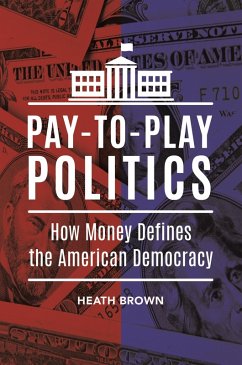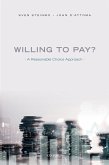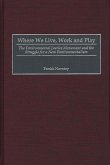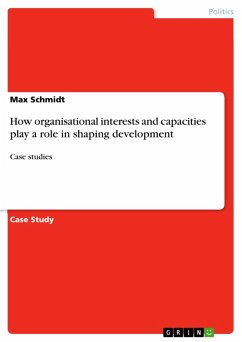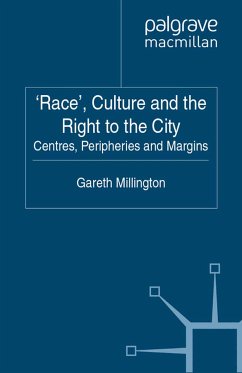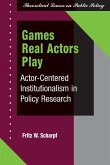Pay-to-Play Politics examines money and politics from different angles to understand a central paradox of American democracy: why, when the public and politicians decry money as the worst aspect of American politics, are there so few signs of change? Everyone from Hillary Clinton to Bernie Sanders to Ted Cruz complains about the corrupting role of money and politics, but money is the lifeblood of their political survival. The public, too, deplores big money politics, despite regularly reelecting the richest candidates for office. The purpose of this book is to reconcile how-against many people's wishes-the connection between money and politics has come to define American democracy. Examining the issue from the perspective of the public, the courts, big business, Congress, and the presidency, Heath Brown argues that money can often be harmful to the political process, but not always in ways we expect or in ways we can directly observe. More money does not necessarily guarantee electoral, legislative, or executive victories, but money does greatly change political access, opportunity, and trust. Without a nuanced understanding of the nature of the problem, future reforms will be misguided and fruitless. Pay-to-Play Politics concludes by making concrete recommendations for reform, including feasible ways to reach bipartisan consensus.
Bitte wählen Sie Ihr Anliegen aus.
Rechnungen
Retourenschein anfordern
Bestellstatus
Storno

